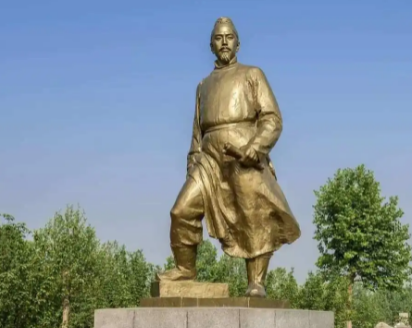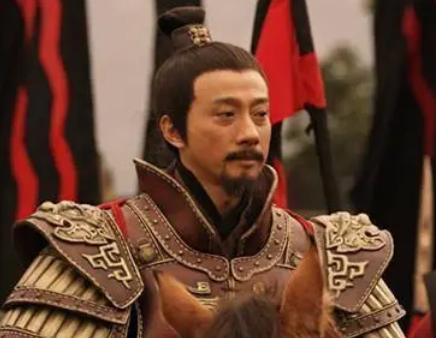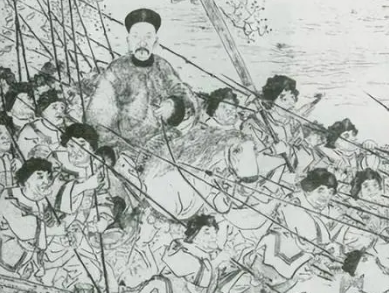The Kingdom of Dawan in the Han Dynasty, located in the region of Central Asia today, was an important country on the ancient Silk Road. It was situated in the southwest of the Pamir Plateau, bordered by the Tarim Basin to the east and the Syr Darya River Basin to the west. This geographical location made Dawan a crucial transportation hub on the Silk Road, connecting trade between the East and the West.

During the period from the 2nd century BC to the 5th century AD, the Kingdom of Dawan flourished, with a prosperous commercial sector and thriving handicrafts. The production and trade of silk, ceramics, gold and silverware were particularly vibrant. At that time, Dawan had a diverse cultural landscape, influenced by Greek, Persian, Indian, and other cultures. Buddhism, Christianity, Islam, and other religions coexisted here, with various cultures intersecting and forming a unique Dawan culture.
However, with the development of history, the Kingdom of Dawan gradually declined. In the 5th century AD, Dawan was conquered by the Turks and gradually assimilated into other ethnic groups. Later, with the spread of Islam, the territory of Dawan was incorporated into countries such as Uzbekistan, Tajikistan, and Kyrgyzstan.
Today, the ruins of Dawan have been buried in the dust of history, and can only be glimpsed through historical records and archaeological excavations. Nevertheless, it is these ruins and cultural relics that allow us to understand the history and culture of Dawan and experience the prosperity and splendor of the ancient Silk Road. Through studying the history of Dawan, we can better understand the cultural exchanges and economic development in ancient Central Asia, providing valuable information for future research.
Disclaimer: The above content is sourced from the internet and the copyright belongs to the original author. If there is any infringement of your original copyright, please inform us and we will delete the relevant content as soon as possible.































